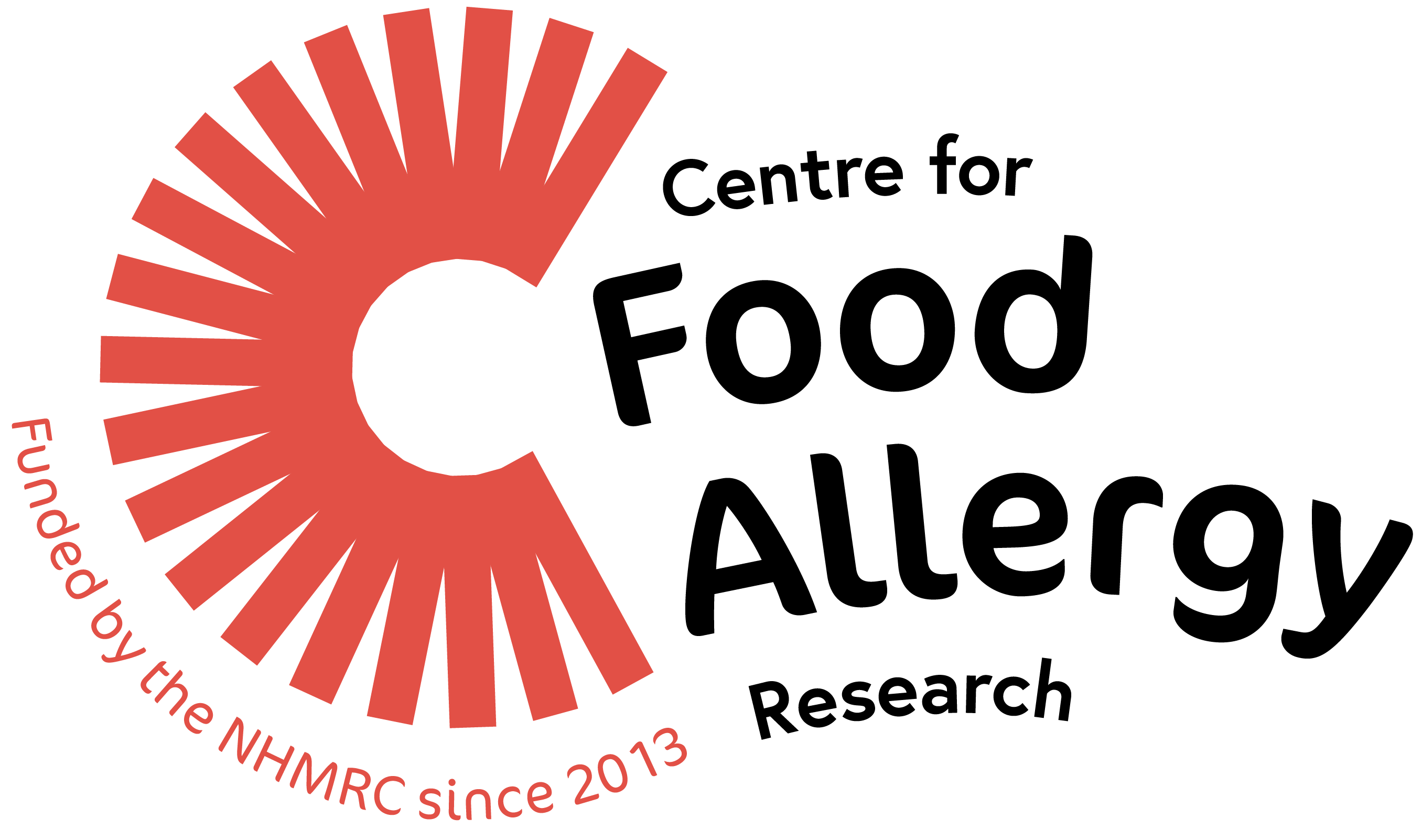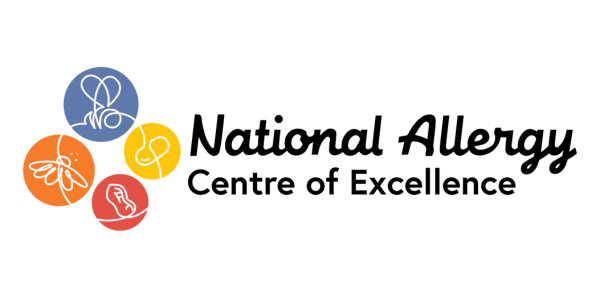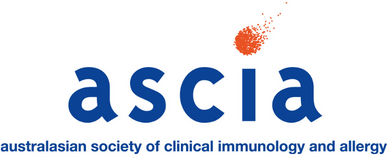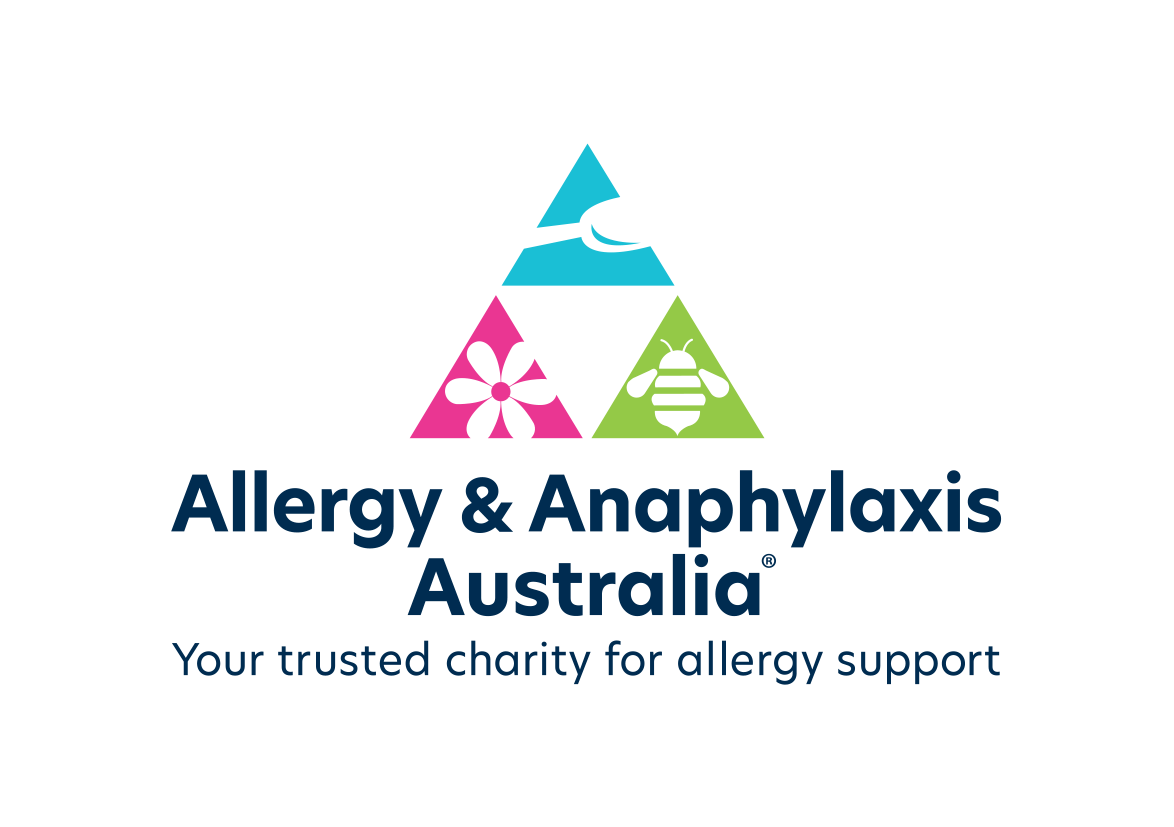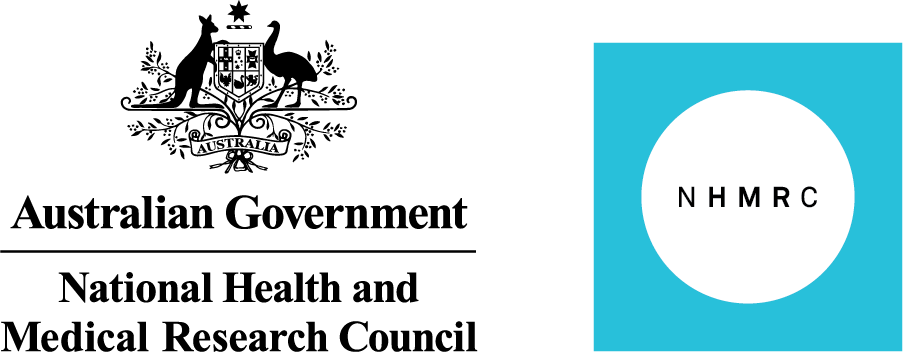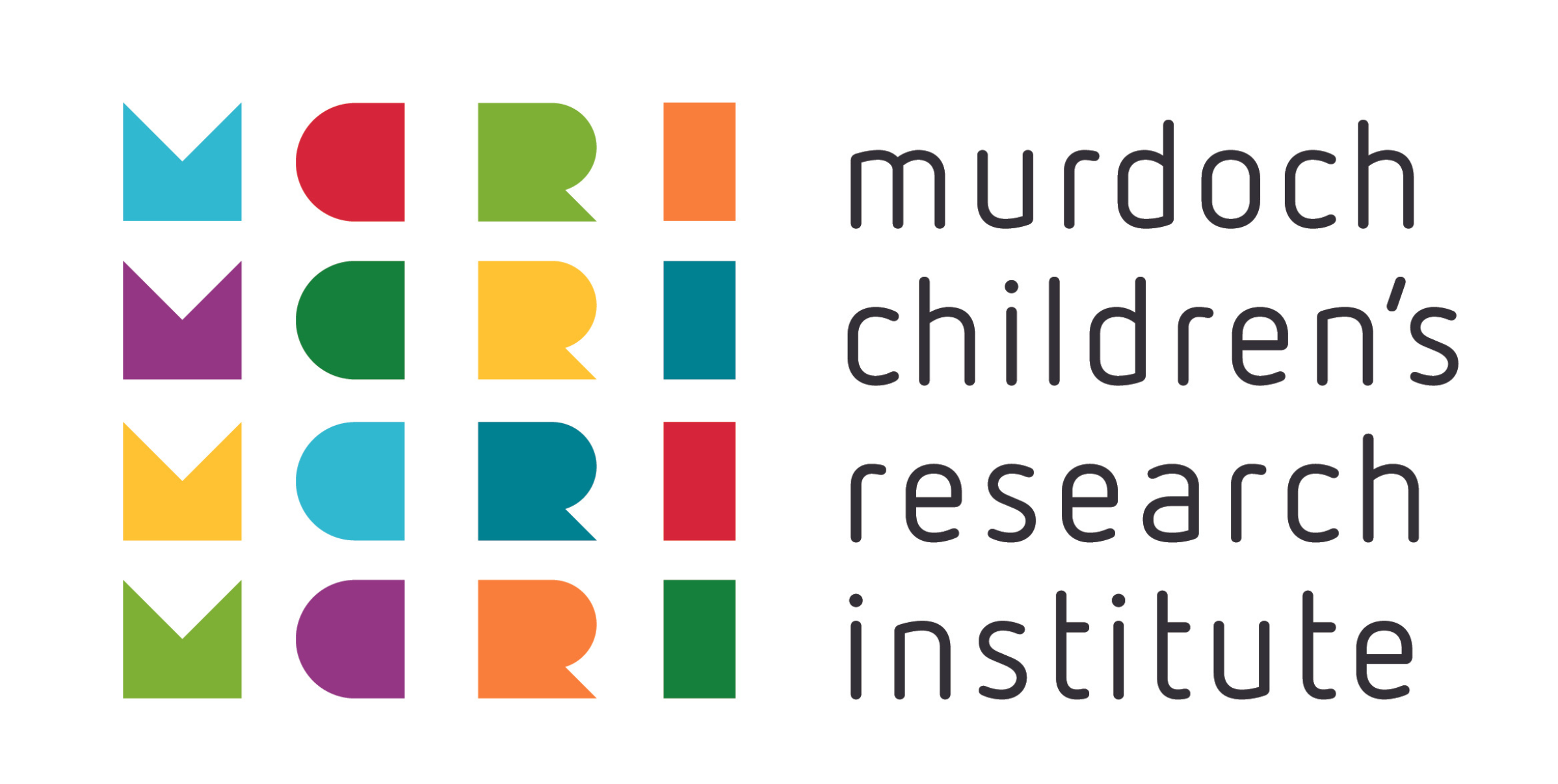Research
CFAR is Australia’s largest collaboration of food allergy researchers driven to reduce the burden of allergic disease for children, and their families. Since establishing in 2013, our research has helped shape the way food allergy is treated and prevented in Australia while providing the evidence-base for infant feeding guidelines and child health practices.
CFAR1 highlights (2013 - 2017)
- Australia has led the world in generating evidence from clinical trials and the world's largest single-centered cohort study around the association between timing of introduction of allergenic foods to infants and risk of food allergy. We helped show that early introduction of egg reduced the risk of egg allergy.
- CFAR worked with partner organisations towards the translation of these findings into population health guidelines and improved clinical care.
- One of the major outcomes for CFAR1 was the development of consensus wording for infant feeding advice. This was incorporated into infant feeding guidelines, including ASCIA guidelines for food allergy prevention, making Australia the first country in the world to translate this evidence into practice.
- CFAR1 also helped generate the hypothesis for the rise in food allergy, including environmental and modern life factors. Five main risk factors were identified known as the 5Ds: Diet, Dry skin, vitamin D, Dogs (external environmental exposure) and Dribble (internal gut microbiome). This informed the establishment of the VITALITY, PEBBLES, OPTIMUM and PrEggNuts Randomized Controlled Trials and the EarlyNuts cohort study, to investigate whether vitamin D, early prevention of eczema, type of vaccine and timing of introduction of solids could turn back the allergy tide.
- CFAR1 supported seven Postgraduate Scholars, hosted three roundtables and six systematic reviews were published during this time.
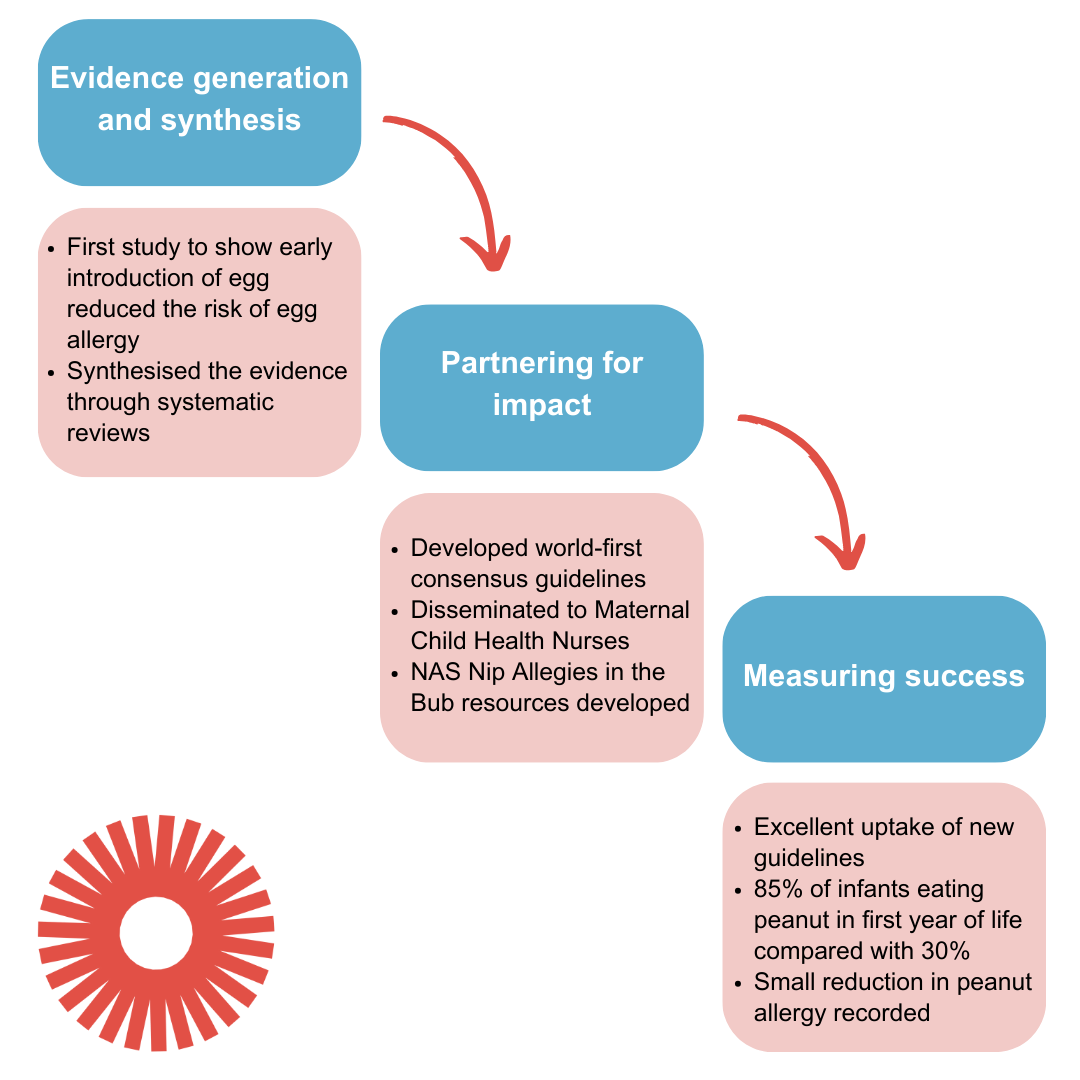
References
- Can early introduction of egg prevent egg allergy in infants? A population-based study
- Age at introduction to complementary solid food and food allergy and sensitization: A systematic review and meta-analysis
- An Australian Consensus on Infant Feeding Guidelines to Prevent Food Allergy: Outcomes From the Australian Infant Feeding Summit
- Nip Allergies in the Bub
- Earlier ingestion of peanut after changes to infant feeding guidelines: The EarlyNuts study
- Association Between Earlier Introduction of Peanut and Prevalence of Peanut Allergy in Infants in Australia
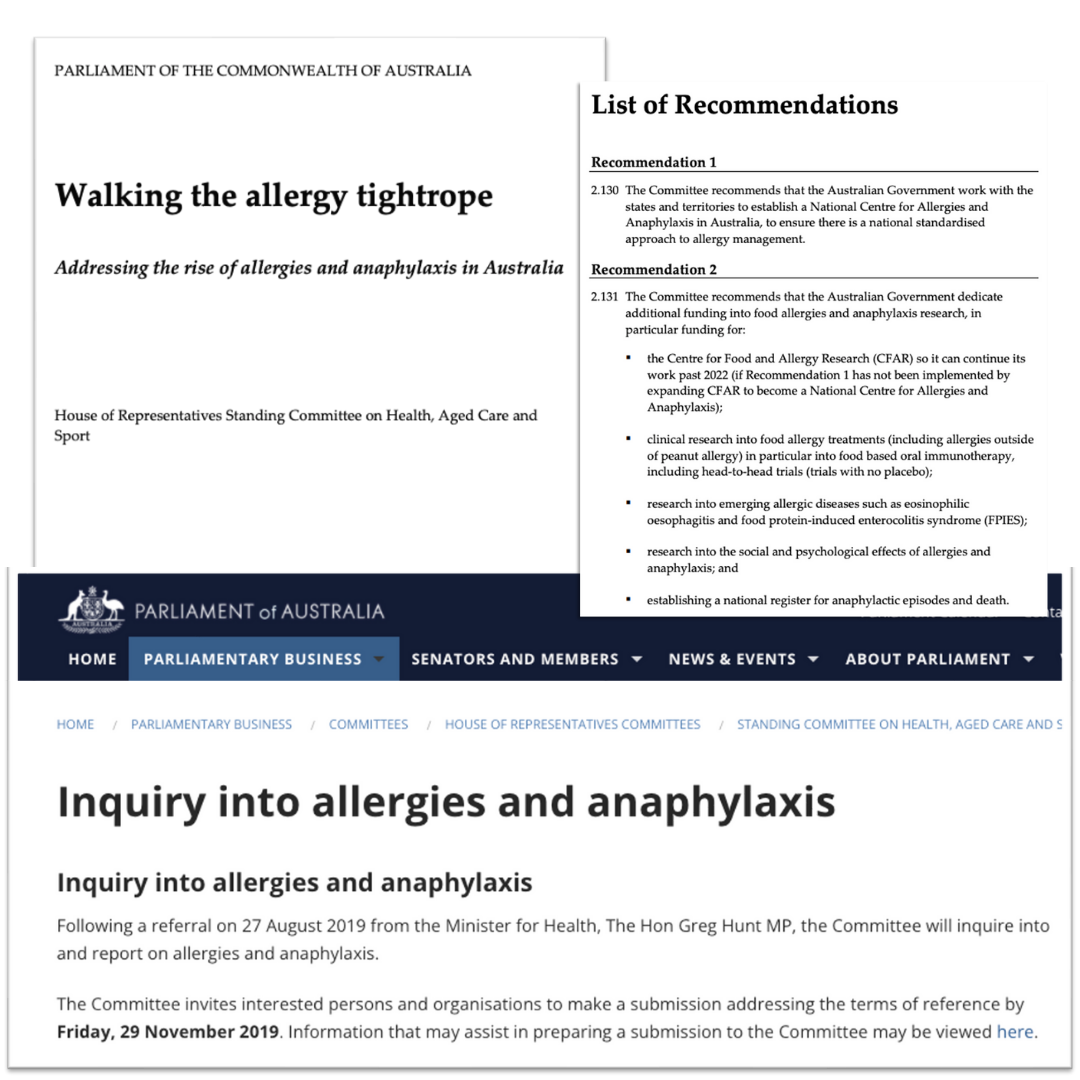
CFAR2 highlights (2018 - 2022)
- CFAR 2 contributed to world-first evidence-based guidelines for anaphylaxis prevention and management in schools and childcare introduced via the National Allergy Strategy (NAS).
- The Food Allergen Management Consensus Statement was also developed in collaboration with ASCIA, NAS, A&AA, Allergy New Zealand, FAMS and the Allergen Bureau.
- In 2019, CFAR helped lobby for a bipartisan Parliamentary Inquiry into Allergies and Anaphylaxis. As a result, the Walking the allergy tightrope report made 24 recommendations to address the critical need for a national plan of action. In August 2022, the National Allergy Centre of Excellence and National Allergy Council were launched to help accelerate allergy research and improve access to clinical care in Australia.
- CFAR2 supported seven Postgraduate Scholars, hosted two round tables and 11 systematic reviews were published during this time.
CFAR3 highlights (2023 - 2027)
These important research projects have been endorsed to receive CFAR3 funding to help advance food allergy research.
- Project 1 led by Chief Investigator Professor Diane Campbell: Dissecting the immune predictors for development of food allergy and response to oral immunotherapy; Cellular mechanisms of immunomodulation in early intervention primary prevention and food allergy treatment studies.
- Project 2 led by Chief Investigator Professor Andreas Lopata: Molecular allergen-based diagnosis of food allergy to improve diagnosis and minimise Oral Food Challenge.
- Project 3 led by Chief Investigator: Professor Shyamali Dharmage: Developing prognostic models for food allergy – prognosis model and remission diagnostic model.
- Project 4 led by Chief Investigator: Professor Mimi Tang: Immune mechanisms underpinning remission and natural resolution of allergy.
- CFAR3 will support four Postgraduate Scholars and, so far, three systematic reviews have been published during this time.
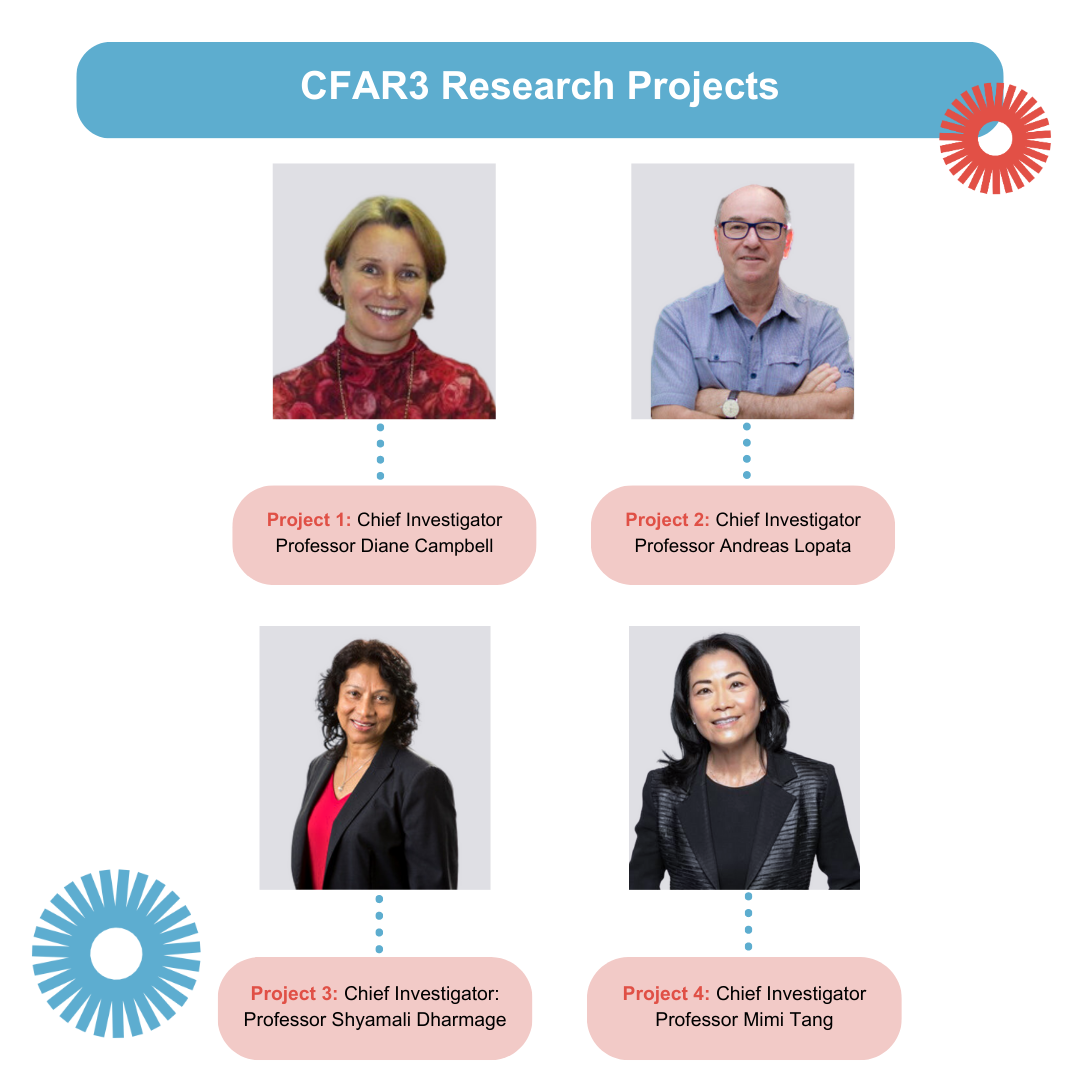
Individuals and families
Want to take part in food allergy research?
Visit our Allergy Studies Directory and receive an email alert each time a new study is listed
Researchers
Recruiting for a food allergy study?
List your trial on the national Allergy Studies Directory

